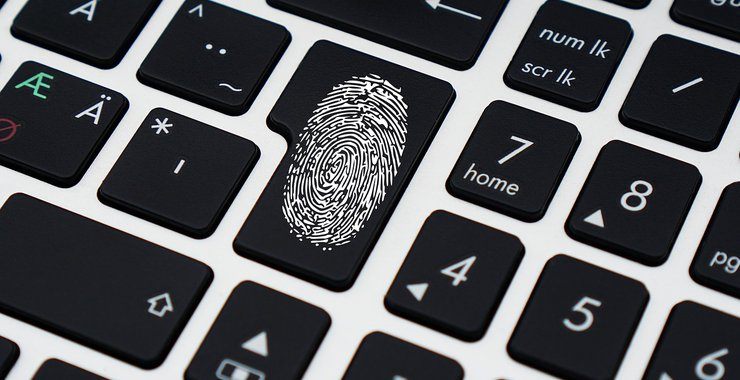The developers of Monero (XMR) recently condemned the widespread “crypto malware campaign” involving the privacy-oriented digital currency. XMR has been increasingly mined by hijacking the computing resources of unsuspecting users.
In a September 26 blog post, the Monero community wrote:
[We] condemn this malicious, non-consensual use of equipment to mine (XMR) … The Monero community does not want to sit idly by as victims struggle to understand the impact of mining and ransomware.
Monero Malware WorkGroup
In order to address the growing threat and damaging effects of stealing the computing power of numerous users to selfishly mine XMR, the Monero community will reportedly establish the Monero Malware WorkGroup.
The WorkGroup will consist of volunteers who “maintain resources and provide live support” via the crypto’s official Slack channels, Riot/Matrix, Mattermost, and Freenode. The Monero team has also encouraged everyone to join their communication network in order to help out.
Monero’s workgroup aims to provide the necessary tools and assistance for protecting users against security threats such as cryptojacking and various other intrusive attacks carried out by using malware programs.
“Providing The Necessary Education”
The aim of Monero’s cybersecurity campaign is to “provide the necessary education for people to better understand Monero, what mining is, and how to remove malware.” The cryptocurrency’s developers acknowledge that they will not be able to completely “eliminate malicious mining”, however, their efforts may significantly help reduce the adverse effects of cyberattacks.
As covered on CryptoGlobe, a security vulnerability in MikroTik’s carrier-grade routers in Brazil and Moldova had been exploited by a group of hackers to maliciously mine XMR. The privacy-focused cryptocurrency was reportedly mined via “hundreds of thousands” of affected routers throughout the world.
Also as CryptoGlobe reported, a “burning bug” found in Monero’s codebase was recently patched. The bug, which was discovered after a Redditor described it using a hypothetical scenario, would have allowed an attacker to “burn” or destroy XMR belonging to an organization’s wallet. The attacker would also have been able to engage in double spending, which is a flaw that lets users spend the same digital currency twice.








